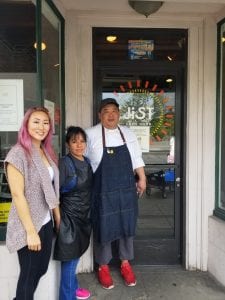
JiSt Cafe was among the first participants in Little Tokyo Eats, a community project to make sure seniors didn’t go hungry during COVID-19 lockdown. Photo courtesy of Nikki Kealalio Sutton
In March, one week before Los Angeles Mayor Eric Garcetti issued a Safer at Home order, Little Tokyo Service Center (LTSC) staff began reaching out to every low-income tenant, every social service client, and every small-business owner in Little Tokyo. Well before they completed 1,000 calls, it was clear that people urgently needed help. LTSC is a nonprofit organization that has been addressing the needs of the Little Tokyo community for 40 years.
“Our small businesses were seeing a drop in sales [ranging from] 70 to 100 percent as the bills kept coming in,” says LTSC small-business counselor Mariko Lochridge. “Many of our local merchants have no web presence, no website, [no] social media, much less e-commerce platforms. To get through the pandemic, they had no idea where to even start.”
In the historic Little Tokyo neighborhood in downtown Los Angeles, you can find JiST Cafe, a store co-owned by Caroline Shin and Glen Ishii. The cafe is located in the same spot as the former Tokyo Cafe, owned by Ishii’s parents, and down the street from the former Tokyo Gardens, owned by Ishii’s grandmother. Many of Little Tokyo’s family-owned businesses have been around for decades. And over generations, a collection of storefronts have become communities of friendship and support. That supportive community proved to be a saving grace when the pandemic struck. Several out-of-work community members are spending their time volunteering, delivering food to those in need, even donating food to LTSC’s food pantry. JiST Cafe donated toilet paper and masks to community members in need, even while trying to keep its own doors open.
A couple of blocks away from JiST Café lives Mrs. Kim, a monolingual senior who lives alone in her affordable-housing unit. While she doesn’t have family nearby, she enjoys the company of her mahjong friends and prides herself on her independence. She can easily walk to neighborhood stores and restaurants to meet her needs. Mrs. Kim’s circumstances are a common story in this ethnically diverse neighborhood. With a population of 4,000 individuals, less than 20 percent of Little Tokyo’s residents are of Japanese descent. Over the year, Little Tokyo has become home to a large Latinx community as well as Korean and Chinese. Walk into restaurants like Mitsuru Sushi & Grill and listen to co-workers speaking to one another in a mixture of Spanish with Japanese—it’s partly why this place is so special.
Both JiST Café and Mrs. Kim are clients of LTSC. Shin and Ishii of JiSt Café and Mrs. Kim expressed their struggles to LTSC staff during newly established daily wellness calls. LTSC couldn’t respond to these challenges alone, but staffers knew what needed to be done.
[Related: Feeding People in a Pandemic: The Creative Ways Orgs Got Food to Low-income Residents]
LTSC reached out to its longtime community partner Keiro, a local nonprofit focused on improving the quality of life for Japanese and Japanese American seniors. Keiro also provides funding for some of LTSC’s senior services. With the need for strong relationships with local business owners in mind, LTSC then reached out to the Little Tokyo Community Council (LTCC), a community coalition that advocates on behalf of community stakeholders like JiST Café.
The three organizations sat down and agreed on a plan and on their respective roles. LTCC would join forces with LTSC small-business counselors to identify and work with local restaurant owners who were struggling to make it through the pandemic. Keiro would provide funding so that meals could be purchased at full price from the local restaurants. The local restaurants would fill meal orders placed by low-income seniors at a subsidized rate of $3 each. LTSC would manage all the logistics. All three organizations would put out a call for volunteers.
One week after the Safer at Home order was issued, LTSC got to work. One staff person created flyers explaining the newly dubbed “Little Tokyo Eats” program. A separate order form was also created. Four additional staffers translated the flyers and order forms into Japanese, Korean, Chinese, and Spanish to ensure that everyone in need had access. Staff were granted access to all six of Little Tokyo’s low-income housing buildings—buildings they provide social services to year-round. Not all the buildings were owned and managed by LTSC, nor were all the residents LTSC clients, but it didn’t matter—all were in need.
A group of LTSC staff went to each location to slide the in-language flyers and order forms under doors and post them in common areas. Residents were given a few days to place orders and provide cash payment to their property manager. Cash and forms were collected, and LTSC placed the first order for 75 meals. The manual process may not be the most efficient, but it’s necessary when dealing with low-income, monolingual seniors.
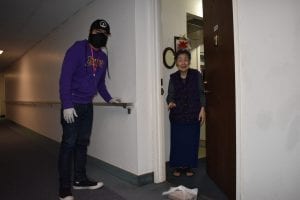
Photo courtesy of Nikki Kealalio Sutton
On April 6, a team of LTSC staff and volunteers were deployed to each location, waiting for JiST Café to arrive with their order of vegetarian bibimbap. The crew knocked on every door and rang every doorbell, hand delivering the freshly made meal to each senior. Mrs. Kim opened her door with a smile and a deep bow, showing her deep gratitude for the affordable and familiar comfort food delivered to her in a safe manner.
Little Tokyo Eats: Lessons Learned
While the first week of order fulfillment was messy, improvements continued to be made along the way. A volunteer manager was designated to create a central communication point, including check-in, waiver forms, COVID protocol, and volunteer instructions. Volunteers were all provided lanyards with identification cards so they would be permitted into buildings, and to provide the seniors an identifiable sense of safety. Order forms were created with a two-week outlook to help relieve some of the manual effort related to distribution and collection. And while a broad volunteer base is certainly beneficial to a nonprofit organization in need of individual donations, LTSC decided to maintain a smaller group of repeat volunteers who were familiar with the routine. This provided efficiency and, more importantly, safety.
All these efforts were documented and actively shared on social media. Photos show the restaurant workers hard at work, prepping the meals. Images were captured of seniors smiling and bowing with food in hand. Profiles of various volunteers were shared, documenting LTSC’s gratitude for a group of people who had been previously unfamiliar with the organization, but who wanted to do something—anything—they could to help during COVID. Social media engagement grew and online monetary donations rolled in, a sign of socially distant solidarity during a time when everyone was longing for a sense of community, and there was a commonly shared sense of urgency. All these donations are desperately needed, and channeled back into LTSC’s COVID relief efforts.
As of early August, Little Tokyo Eats had purchased nearly $55,000 in food from 11 local restaurants. Restaurants were prioritized based on how long they have been a part of the community. Among the first to be brought on board were JiST Café, Mitsuru Sushi & Grill, Suehiro Café, and Far Bar. As revenue and needs are continually reassessed, the partnerships expand. Every restaurant has jumped at the opportunity to generate revenue while supporting its community, its home. Nearly 850 seniors have been served over 5,300 meals. LTSC staff and volunteers have spent over 2,100 hours delivering the meals with a smile, a bow, and an exchange of a few words. It’s clear how appreciative the seniors are for this service—not just for the meal, but for the human connection. The safer-at-home order also meant the cancellation of many social activities that seniors had come to depend on for fellowship and community, such as Mrs. Kim’s mahjong.
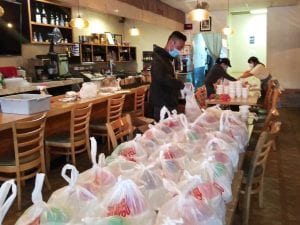
Volunteers bag groceries for seniors. Photo courtesy of Nikki Kealalio Sutton
Funds have been used to deliver over 1,500 bags of groceries and fresh produce to various residents living in Little Tokyo’s affordable housing buildings. Some are seniors who do not feel safe going to the grocery store and need staples to get by. Some are families where the heads of the household have lost their jobs during the pandemic. All were identified through the time and effort LTSC’s Resident Services team puts into connecting with every single resident.
Programs such as Little Tokyo Eats are possible because community organizations have built relationships, grown trust, invested capacity, and maintained interest in supporting their neighborhoods at a micro level. It’s a level of care and attention to detail that can only be tackled on a local level.
Thankfully, LTSC can address the community’s needs and serve as Little Tokyo’s first-response team—financially supporting small businesses, delivering meals and groceries to low-income seniors and families, deferring rent for residential and commercial tenants, and so forth. Over 50 percent of Little Tokyo households earn less than $50,000, and many families were living paycheck to paycheck even prior to the pandemic. Thus, the increased need for support during this crisis was inevitable. Multiple foundations like the California Community Foundation and the California Wellness Foundation, and corporations like Union Bank and CapitalOne, have stepped up to provide LTSC with emergency funding, and individuals from across the U.S. have dug deep to support these community efforts.
The Resident Services team has also disbursed nearly $50,000 in emergency cash assistance. Checks ranging from $250 to $1,000 have been given to families who are without jobs and struggling to put food on the table—especially undocumented families who are not eligible to receive government assistance but are suffering just the same. Each family is interviewed and provides proof of current expenses, proof of previous income, and loss of income. An emergency check is cut and hand-delivered to the family. The check is often received with many tears and a deep sense of relief to be able to care for their family once more.
[Related: How Nonprofits Are Adapting to Serve Immigrants During COVID]
These personal connections and care are what communities require to make it through to the other side. LTSC responded immediately to protect the people and places that make the Little Tokyo neighborhood special. LTSC responded without guaranteed funding and without knowing how long the community would need to be sustained. Now LTSC and the community it serves are looking toward Congress. Before Congress goes to battle on the next CARES or HEROES/HEALS act, the government must build an emergency fund to be disbursed to organizations that have proven themselves to be lifelines for their communities. The government has an inherent obligation to support the organizations that have prevented families from falling into homelessness, the organizations that have kept seniors safe, the organizations that have invested in their local businesses.
“I would say that right now LTSC is single handedly keeping Little Tokyo alive, kind of like a support system,” says Kenji Suzuki, owner of Suehiro Cafe. “We’ve seriously considered closing, but with [their] help, we are able to stay open.”

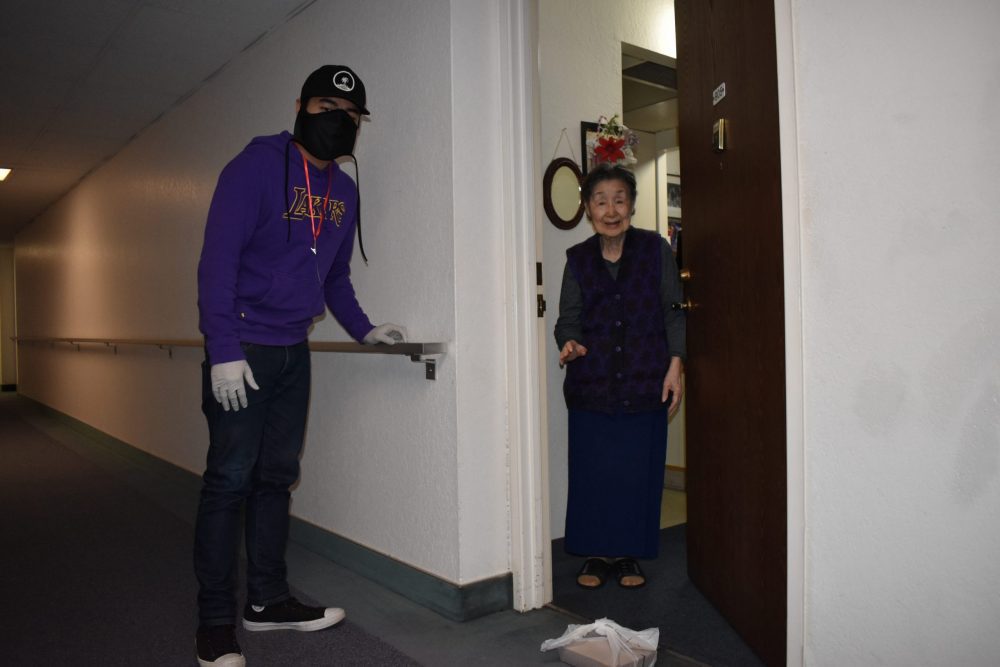

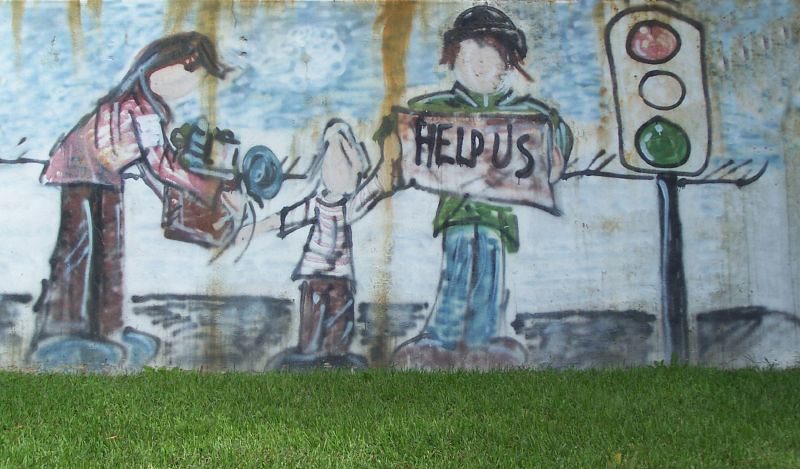

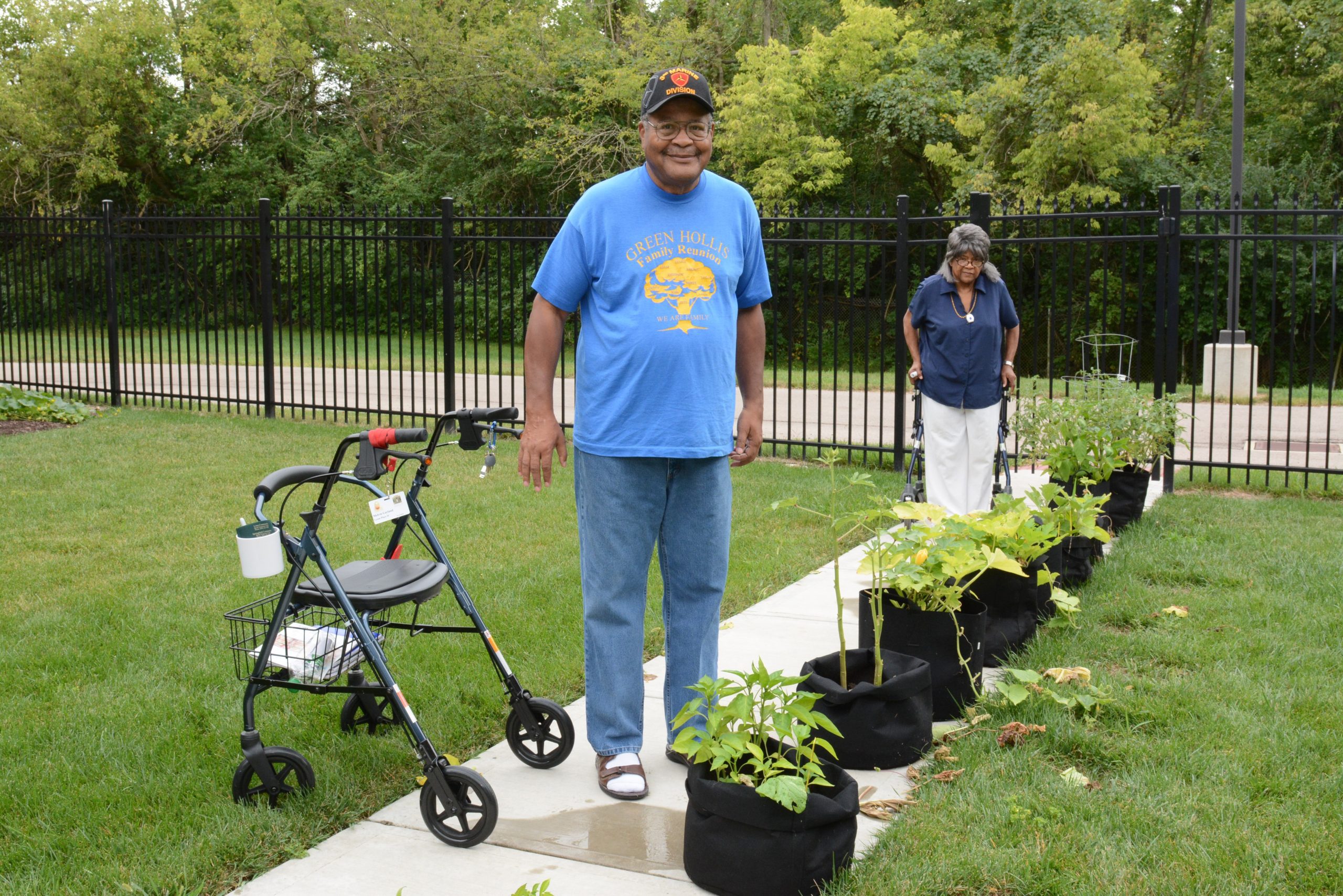
Comments